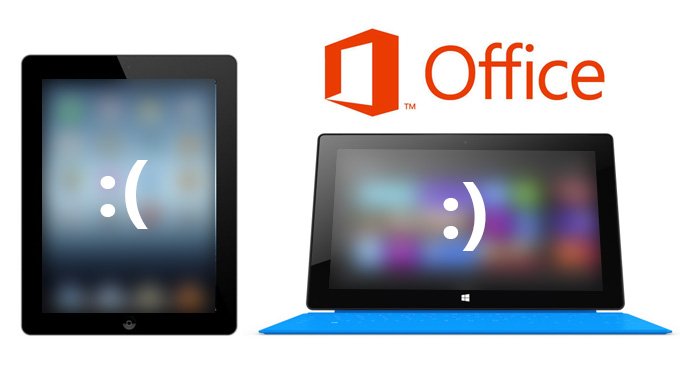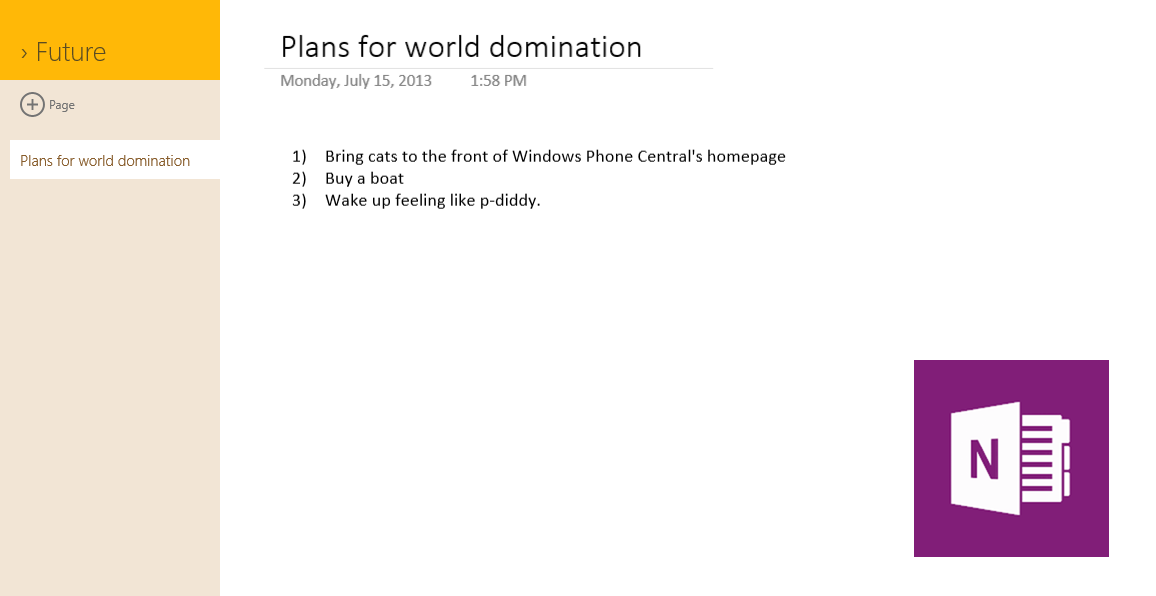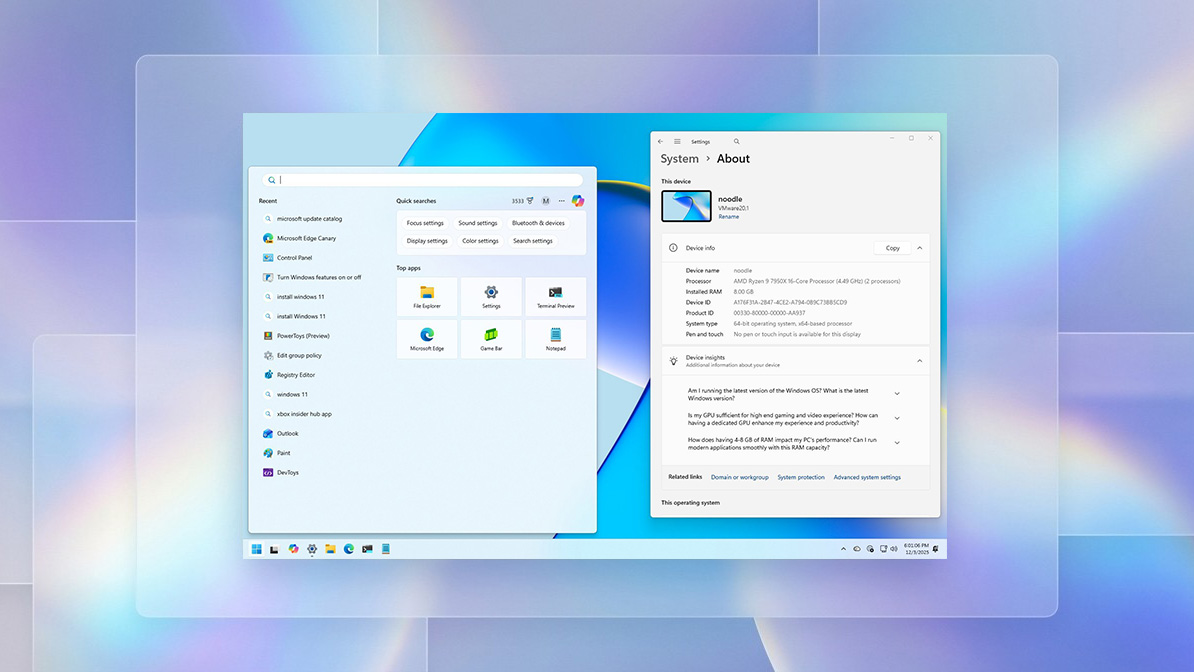Microsoft delays Office for iPad, but speeds up Office for Windows RT

Many Apple users have been asking Microsoft when Office for iPad will be released, and to their dismay, the project is being delayed. While this may be a disappointing notice for iOS lovers, Microsoft fans should be excited, because the delay is a result of the company wanting to focus on Office “Gemini” – a touch optimized Windows 8 set of Office applications.
According to Mary Jo Foley at ZDNet, Microsoft had never intended to port their suite of Windows Office applications away from the standard Win32 operating system. Creating a suite of Office applications to run on ARM based platforms for Windows RT along with regular Windows 8, requires the company to essentially start from scratch.
The office team is working hard to create a version of their software for a touch centric Windows future and need to design a way for the apps to work not only on touch devices, but with a mouse and keyboard. According to Foley, “The Office team is having to redo the UI to include an updated ribbon model”.
Foley states that the new “Gemini” apps (internally known as “WinRT” apps), won’t be replacing the entire desktop suite, but do intend to be the focal point going forward. Office desktop applications will remain around “for the foreseeable future and those who want all the Office bells and whistles”.

As of now, the only Office application that has been ported to a Windows 8 optimized experience is OneNote (known as OneNote MX). It appears that just as OneNote MX is a slightly less powerful, but much more touch friendly version, of its desktop brother – the entire Office “Gemini” suite will be also.
The applications are expected to debut by summer of 2014 and will be a large puzzle piece for closing the need of a legacy desktop on Windows RT.
Food for thought – Microsoft is trying hard to make sure Windows RT users stay in the modern UI interface; do you think Windows 9 could be the complete removal of the legacy desktop for ARM platforms? Voice off below!
All the latest news, reviews, and guides for Windows and Xbox diehards.
Source: ZDNet

Michael is a Former Contributor for Windows Central, covering Microsoft hardware and software, including Xbox.
